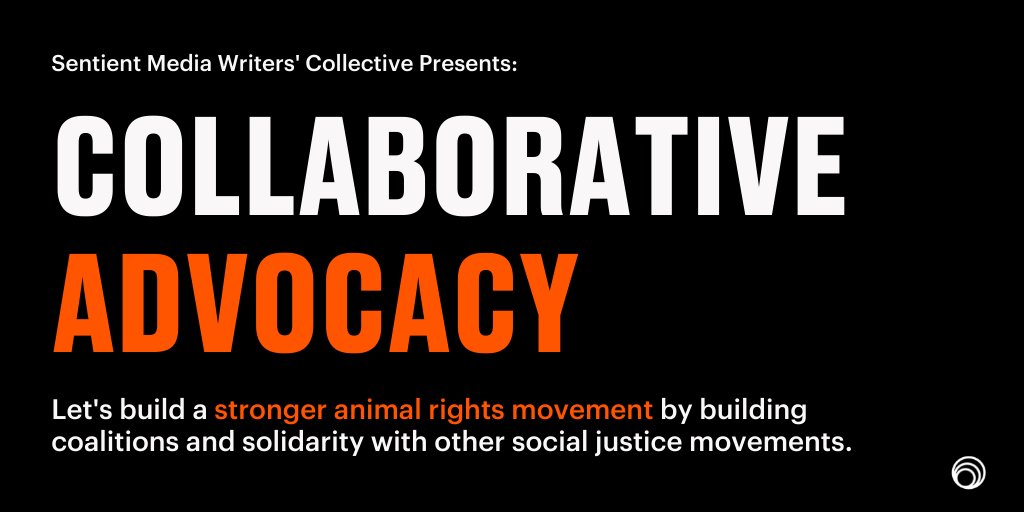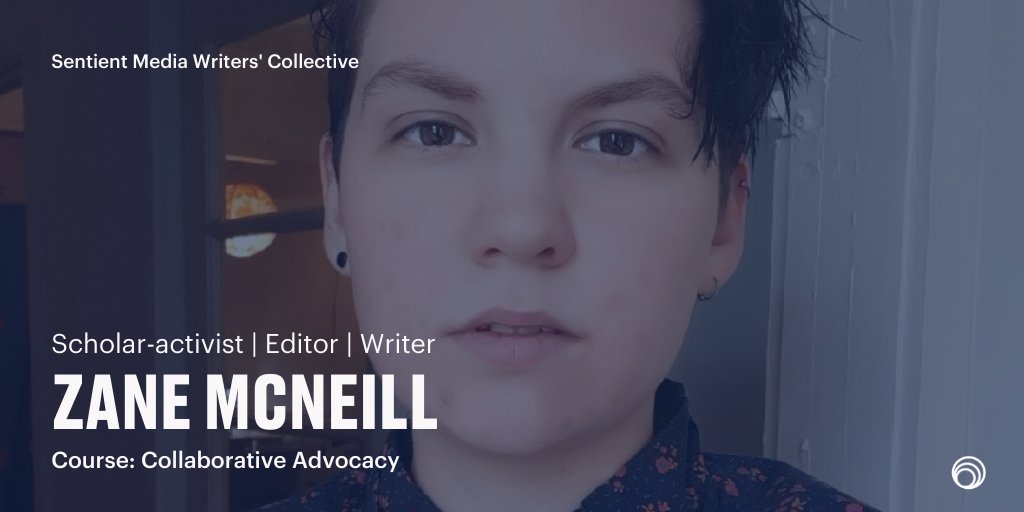
Did you know that this week marks #EndangeredSpeciesDay and #BiodiversityDay?
We honor these days by highlighting the need to change our eating habits and fashion choices to protect animals from going extinct.👇1/10
We honor these days by highlighting the need to change our eating habits and fashion choices to protect animals from going extinct.👇1/10

Animals play a crucial role in maintaining a healthy #environment. For example:
- beaver dams prevent fires
- squirrels help trees take root
- #fish feces can lock carbon away for 600 years
- elephants create water sources for other species
2/10
sentientmedia.org/animals-that-h…
- beaver dams prevent fires
- squirrels help trees take root
- #fish feces can lock carbon away for 600 years
- elephants create water sources for other species
2/10
sentientmedia.org/animals-that-h…
Our current food system is a key driver of #BiodiversityLoss, a 2021 report by @ChathamHouse found.
The expansion of #AnimalAgriculture, in particular, destroys ecosystems by turning them into pasture or farmland to grow feed. @CaroChristen reports. 3/10
sentientmedia.org/dietary-change…
The expansion of #AnimalAgriculture, in particular, destroys ecosystems by turning them into pasture or farmland to grow feed. @CaroChristen reports. 3/10
sentientmedia.org/dietary-change…
According to a study published in @Nature, human #meat consumption levels threaten the habitats of more than 17,000 species.
@jennysplitter reports on the expanding #livestock sector threatening the survival of thousands of species via @Vox. 4/10
vox.com/future-perfect…
@jennysplitter reports on the expanding #livestock sector threatening the survival of thousands of species via @Vox. 4/10
vox.com/future-perfect…
Fishing also contributes to #BiodiversityLoss.
Oceans cover 71% of the world’s surface and provide habitats for millions of species, yet many marine animals, and #fish especially, are threatened by extinction. @MatthewChalmer4 reports. 4/10
sentientmedia.org/marine-life/
Oceans cover 71% of the world’s surface and provide habitats for millions of species, yet many marine animals, and #fish especially, are threatened by extinction. @MatthewChalmer4 reports. 4/10
sentientmedia.org/marine-life/
In addition to catching a trillion fish yearly, the #seafood industry threatens biodiversity by killing “bycatch animals” such as seabirds, turtles, and whales.
In terms of weight, 40% of the world’s catch is #bycatch, according to @oceana. 6/10
In terms of weight, 40% of the world’s catch is #bycatch, according to @oceana. 6/10
Advertisements often portray wool as sustainable, but a 2021 report by @Co_Fash_Justice and @CenterForBioDiv identifies sheep farming as a driver of #BiodiversityLoss and global warming.
Emma Hakansson explores the environmental cost of #wool. 7/10
sentientmedia.org/wool-productio…
Emma Hakansson explores the environmental cost of #wool. 7/10
sentientmedia.org/wool-productio…
Shifting to more #PlantBased diets has the potential to free up large areas of land and restore natural habitats.
A 2022 @Food_Foundation report found that dietary change could help save 500 species from extinction in the UK. @JenMishler reports. 8/10
sentientmedia.org/choosing-plant…
A 2022 @Food_Foundation report found that dietary change could help save 500 species from extinction in the UK. @JenMishler reports. 8/10
sentientmedia.org/choosing-plant…
The @VLandMovement buys #grazing land to rewild it—an intervention that benefits nature and biodiversity, according to researcher @BBalmford.
@HamlettClaire spoke to founder @hilltopgina about giving back agricultural land to wildlife. 9/10
sentientmedia.org/vegans-are-buy…
@HamlettClaire spoke to founder @hilltopgina about giving back agricultural land to wildlife. 9/10
sentientmedia.org/vegans-are-buy…
We urgently need to find, develop, and implement more sustainable ways of food production to stop #BiodiversityLoss.
On #BiodiversityDay2022, help us continue our reporting about alternatives to animal agriculture by joining our spring drive.👇 10/10
sentientmedia.org/join-sentient-…
On #BiodiversityDay2022, help us continue our reporting about alternatives to animal agriculture by joining our spring drive.👇 10/10
sentientmedia.org/join-sentient-…
• • •
Missing some Tweet in this thread? You can try to
force a refresh












